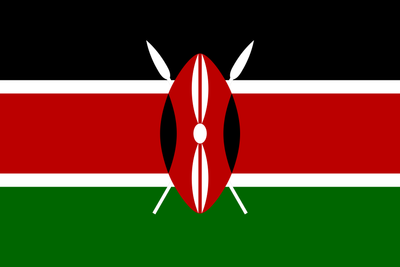
Cultural goods remain economic driver in digital age – UNESCO report – A United Nations Educational, Scientific and Cultural Organization (UNESCO) report finds that the trade in cultural goods doubled from 2004 to 2013 despite a global recession and a massive shift among consumers of movies and music towards web-based services.
The study from the UNESCO Institute for Statistics (UIS), The Globalisation of Cultural Trade: A Shift in Cultural Consumption–International flows of cultural goods and services 2004-2013, takes an in-depth look at the export and import of cultural goods and services around the world.
“Trade in cultural goods totalled $212.8 billion in 2013, nearly double the amount in 2004,” said Silvia Montoya, Director of the UIS, in press release. “This is further evidence of the critical role cultural industries play in today’s global economy.”
UNESCO found that China is now the lead exporter of cultural goods, followed by the United States. In 2013, the total value of China’s cultural exports was $60.1 billion – more than double that of the US at $27.9 billion.
While the US has lost its position as the top exporter of cultural goods, it reportedly remains the top importer of these goods. In general, developed countries play a smaller role in cultural exports, but still dominate imports. Meanwhile, emerging markets are growing their exports of cultural goods. Turkey and India strengthened their position in recent years, joining the world’s top 10 exporters of cultural goods.
Products gaining ground
Art and crafts have moved up in the ranking of the ten most traded cultural goods, fuelled by gold jewellery – a safe harbour in uncertain times. Gold jewellery exports represented more than $100 billion in 2013.
Statues, statuettes and paintings also gained ground. Their share of the trade in art and crafts was worth $19 billion in 2013.
Products losing ground
From 2004 to 2013, the “dematerialisation,” or the digitisation of products, such as music, movies and newspapers, had an enormous impact on these industries, as their products moved into the realm of cultural services, often sold as web-based subscriptions.
Trade in recorded music products, for example, declined by 27 per cent from 2004 to 2013, and trade in movies fell by 88 per cent during the same period; however, audio-visual services as a whole steadily gained ground.
Despite the downturn in the trade of print products, reflected by the decline in newspapers, books held their ground as an important cultural export in some regions, growing by 20 per cent from 2004 to 2013.
The measurement challenge
As more and more cultural goods move from the tangible to the digital, the report notes that obtaining accurate data on the flow of these goods is becoming more challenging.


